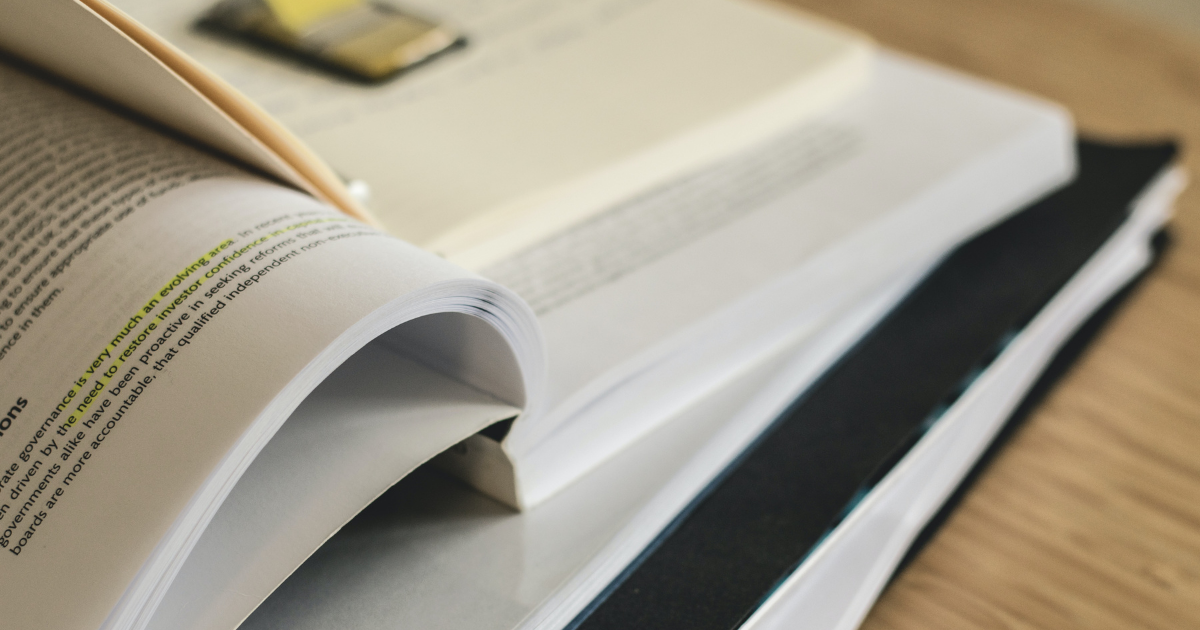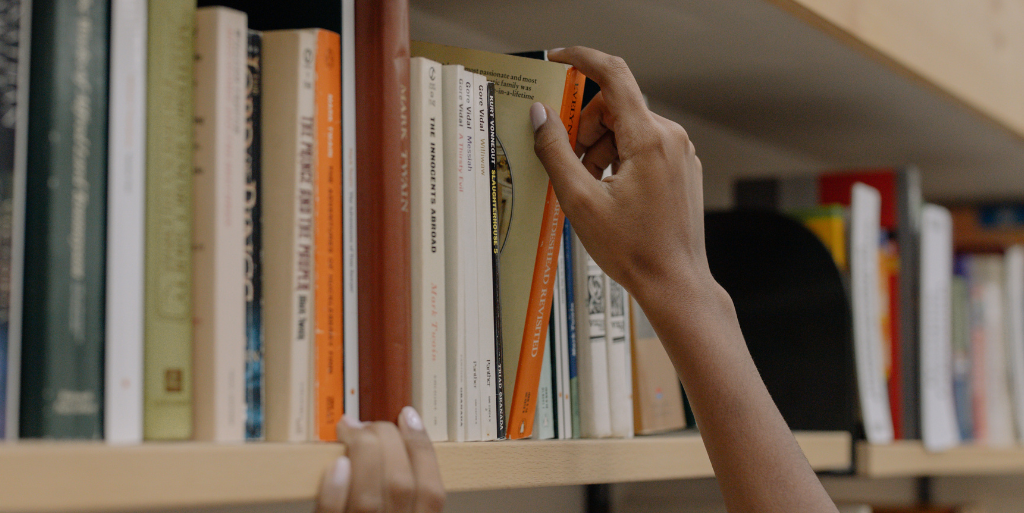Fake News, Misinformation and being a Critical Student
Published: 6 April 2021 | Updated: 14 April 2021 | By: Newcastle University | 3 min read
As Learning Developers and Librarians, evaluating information and developing a critical approach to the sources you read for your academic work features in our practice almost every day. Whether this is in a one-to-one tutorial working with assignment feedback, teaching sessions on finding information or literature reviews, or providing advice about referencing. We consider it to be a core academic skill, built on fostering a questioning mindset.
But what does a term popularised by President Trump and often used as an attack on dissenting voices have to do with study skills? Read on to find out what lessons we can learn from the rise of Fake News and consider how they can be applied to your studies.
What is Fake News?

Fake News is the intentional presentation of false or inaccurate news. This could be shared via traditional media or online and presented as a factual news story, image or video. Fake news was added to the Oxford English Dictionary in 2019 but is certainly nothing new and there is a long history of fake news. Some fake news items are obvious or amusing, while others have a serious and negative impact. Try one of these factitious games to identify some recent fake news stories.
What has changed is the ease with which fake news can be spread rapidly and to ever growing audiences. The reach and impact of fake news has been amplified by social media, and is a hot topic in research to assess the consequences.
The Rise of Misinformation
-1.png?width=1024&name=laptop%20(1)-1.png)
In the past few years there has been a noticeable shift in scientific, academic and popular media outputs to the use of the term misinformation as a way of distancing the issue from the politicised term of fake news.
During the pandemic there has been an explosion of misinformation and Channel 4's FactCheck or the BBC's Reality Check demonstrate just two of the efforts news outlets are making to separate fact from fiction. As early as March 2020, the UN Secretary-General warned that while we are fighting the COVID-19 virus “our enemy is also the growing surge of misinformation”. There has been a lot of discussion about the impact of misinformation on public health and political decisions, and even misinformation returning to print formats.
Have a listen to BBC Radio 4 A Year of Misinformation, watch Panorama: Vaccines the Disinformation War or visit Channel 4’s Fake World to explore the issues further.
Misinformation and Studying at University
-1.png?width=1024&name=laptop%20(2)-1.png)
Misinformation is a problem in our daily lives and something we all need to be mindful of when reading information shared online and especially when making decisions based on it. When considering your academic work, it is vital to be vigilant, to ensure that the information you use to develop your knowledge, build your arguments and present as evidence to support your thinking, is reliable, authoritative and of high quality.
How can you use your academics skills to make good choices and avoid spreading misinformation?
Read Widely

On our Subject Support blog we’ve previously explored the idea of filter bubbles on social media, where your personalised experience (the product of algorithms) means you only encounter information and opinions that agree with or reinforce your own beliefs.
When reading for your academic work, there is the potential to find yourself in a similar filter bubble. To ensure that you draw on a range of opinions and balance evidence from different authors and sources, look beyond the essentials to items that are recommended or background reading on your module reading lists. Explore the reference lists of articles or chapters you find most useful to identify differing or supporting evidence, and try some keyword searching around the topic using Library Search or other subject databases beyond your usual search engine.
Bias vs Misinformation
.png?width=1024&name=books%20(1).png)
Misinformation is often confused with bias. However, bias – placing weight or emphasis on a particular idea or perspective – is in fact something you will find in almost every text you read if you look hard enough. Consciously or unconsciously all texts – even high-quality, peer-reviewed research – will be influenced and skewed in some way by the experience of the author and their assumptions about the way research should be carried out. Often researchers will try to minimise the impact of this on their work, but complete objectivity is very rarely possible.
This does not mean that this research should be discarded. It just means that it’s one of many possible perspectives or ways of looking at something and is valuable to you in terms of getting a full and well-rounded picture of the subject, so that you can make your own decisions and decide which side of the debate you sit on. What’s more important is considering how the bias you have detected might have influenced the writer’s views or the outcomes of their research and taking this into account when you decide if and how you are going to incorporate their claims into your own work.
Evaluating Information
It’s easy to find information through the Library and online, but much more difficult to critically evaluate it. As you approach your reading materials, you will need to make judgements about whether it is trustworthy, appropriate, accurate, and relevant for the type of work you’re doing. Start with our Six Questions video to help you with this evaluation:
Visit our Evaluating information guide for more tips or download our evaluating information study guide for prompts to help you approach information sources critically.
The Writing Development Centre also has some useful resources on evaluating what you read. Check out the handy Strategic Reading Framework and this overview of critical reading. These will guide you through evaluating sources in their own right, and in relation to each other, to help you avoid getting caught out by any fake news.
